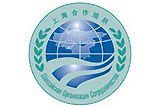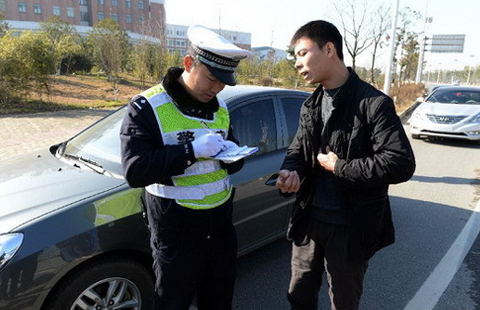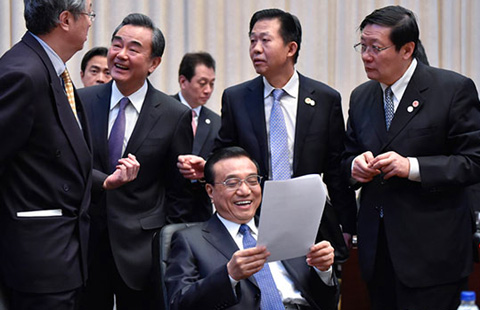Venezuela could seek China's help as oil drops
Updated: 2014-12-19 01:08
By PAUL WELITZKIN in New York(China Daily Latin America)
|
||||||||
The global slide in oil prices may push Venezuela into default and the Latin American country may turn to China for even more financial help, according to observers.
For the first time in five years since the depth of the global recession in 2009, oil prices crashed through the $60-a-barrel mark last week. Crude supplies from the US shale boom and the reluctance of oil-producing nations to trim output along with weak demand have cut oil prices by almost 50 percent from last summer.
"Oil exports account for more than 95 percent of Venezuela's export earnings and account for an enormous portion of the national government's budget. The collapse in oil prices constitutes an enormous challenge for the government," Patrick Duddy, a former US ambassador to Venezuela (2007-2010) and director of the Center for Latin American and Caribbean Studies at Duke University in Durham, North Carolina, wrote in an e-mail.
Dan Greenberg, director of Latin American studies at Pace University in New York, said Venezuela's economy was on thin ice even before the recent oil price slump.
"Inflation in the last year was estimated at over 50 percent in the country," he told China Daily in an interview on Dec 12. "Venezuela has been facing a capital flight problem as the rich are moving money out of the country."
Greenberg said Venezuela, under former President Hugo Chavez who died in 2013, began to use oil money to fund an extensive array of social programs. "Chavez financed these programs using profit from the state oil company Petroleos de Venezuela SA (PDVSA). The programs were successful reducing poverty by as much as 50 percent in some regions," said Greenberg.
When oil prices were rising and holding above $100 a barrel, the Chavez arrangement seemed to work. "One issue that did emerge was that PDVSA, at one time considered one of the best managed oil companies in the world, was denied the funds it needed to maintain its facilities and explore for oil in new areas like the Orinoco Basin."
Greenberg explained that the Orinoco region has extensive oil reserves similar to the tar sands of Canada. "Both require heavy investments to extract and refine the oil," he said.
Funding the social programs deprived PDVSA of the money it needed to maintain and expand production, Greenberg said. So Venezuela is battling declining production and lower prices.
Greenberg said Venezuela also has a political problem. Current President Nicolas Maduro won a close election to succeed Chavez in 2013. "He was Chavez's hand-picked successor," Greenberg said of the country's former foreign minister. "He lacks Chavez's charisma."
Greenberg expects Venezuela to go into default. "In many ways it will be similar to what happened to Argentina in 2002," he said.
Last month Maduro secured a $4 billion loan from China for the country's international reserves. Greenberg believes Venezuela will require more help from China because Russia is also suffering from low oil prices and may not have the resources to help its Latin American ally.
"I think the big question will be not if China will help Venezuela, but what will China want in return," he said. "The Chinese are shrewd and they may want fields in the Orinoco region in return for whatever aid package China develops."
"Maduro would like the Chinese to bail him out," Risa Grais-Tarnow, an analyst with the Eurasia Group was quoted in a report from Bloomberg Businessweek. "I think the Chinese will have no problems in renewing existing lines of credit. However, they may not be willing to give Venezuela more funds."
paulwelitzkin@chinadailyusa.com
Most Viewed
Editor's Picks

|

|

|

|

|

|
Today's Top News
China, Chile seek enhanced trade, investment
'Made in China' helps Brazilian consumers
LatAm-China ties key to turnaround
New dynamic as US, Cuba restore relations
Oil's fall 'huge gift' for China: expert
China, US to act on food issues
VP assures on US economic ties
Testing procedure curtails US hay exports to China
US Weekly

|

|















